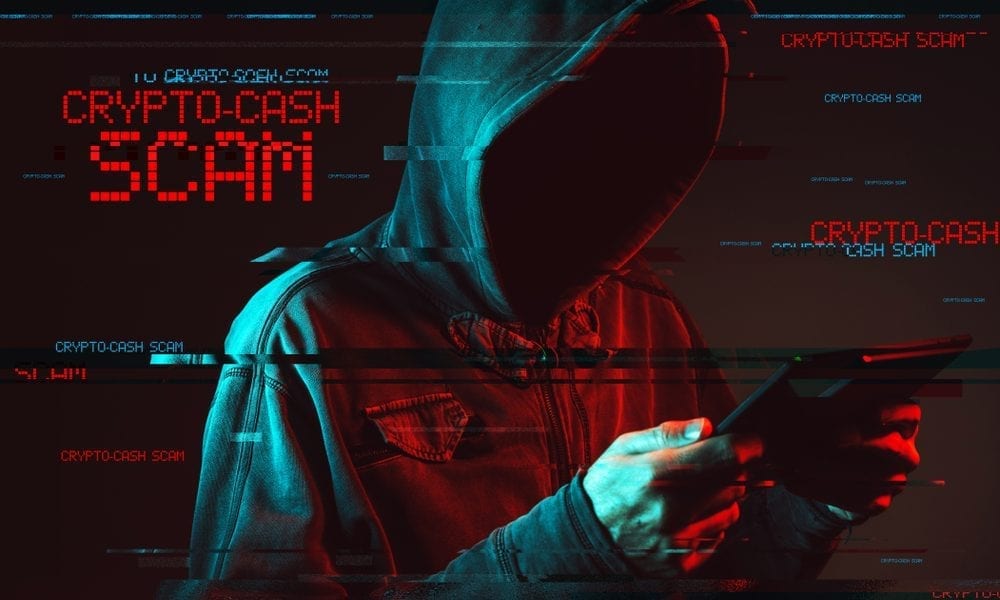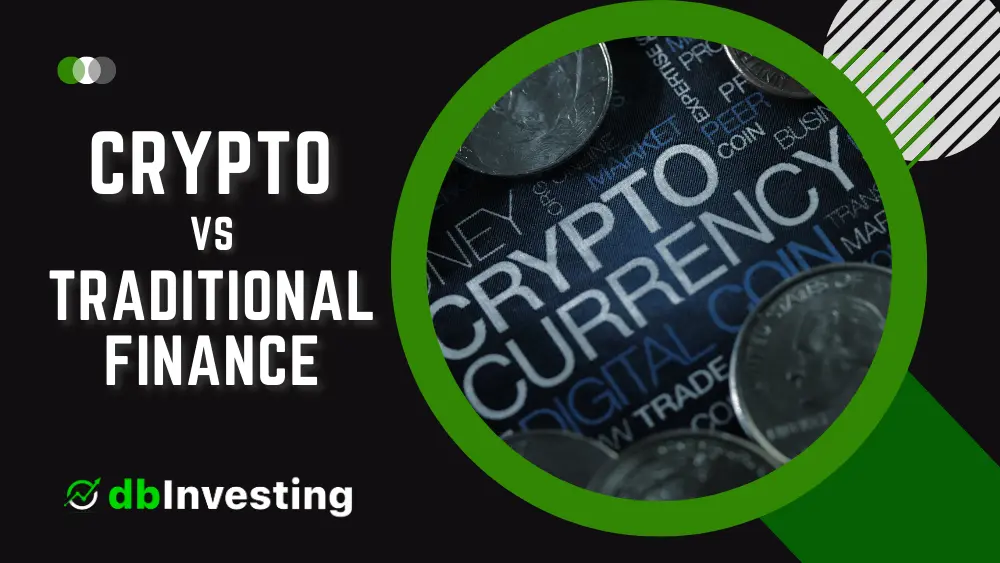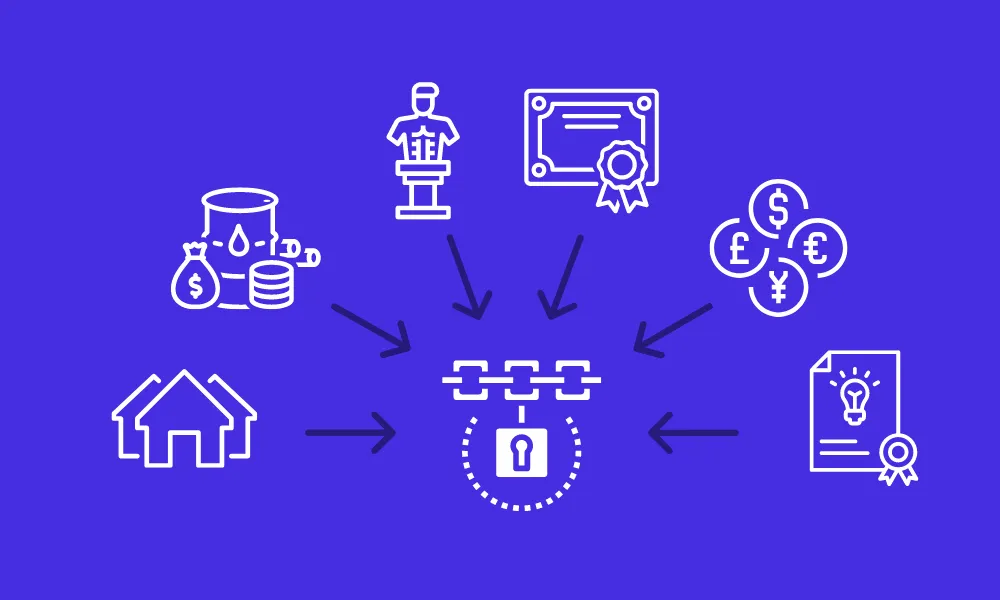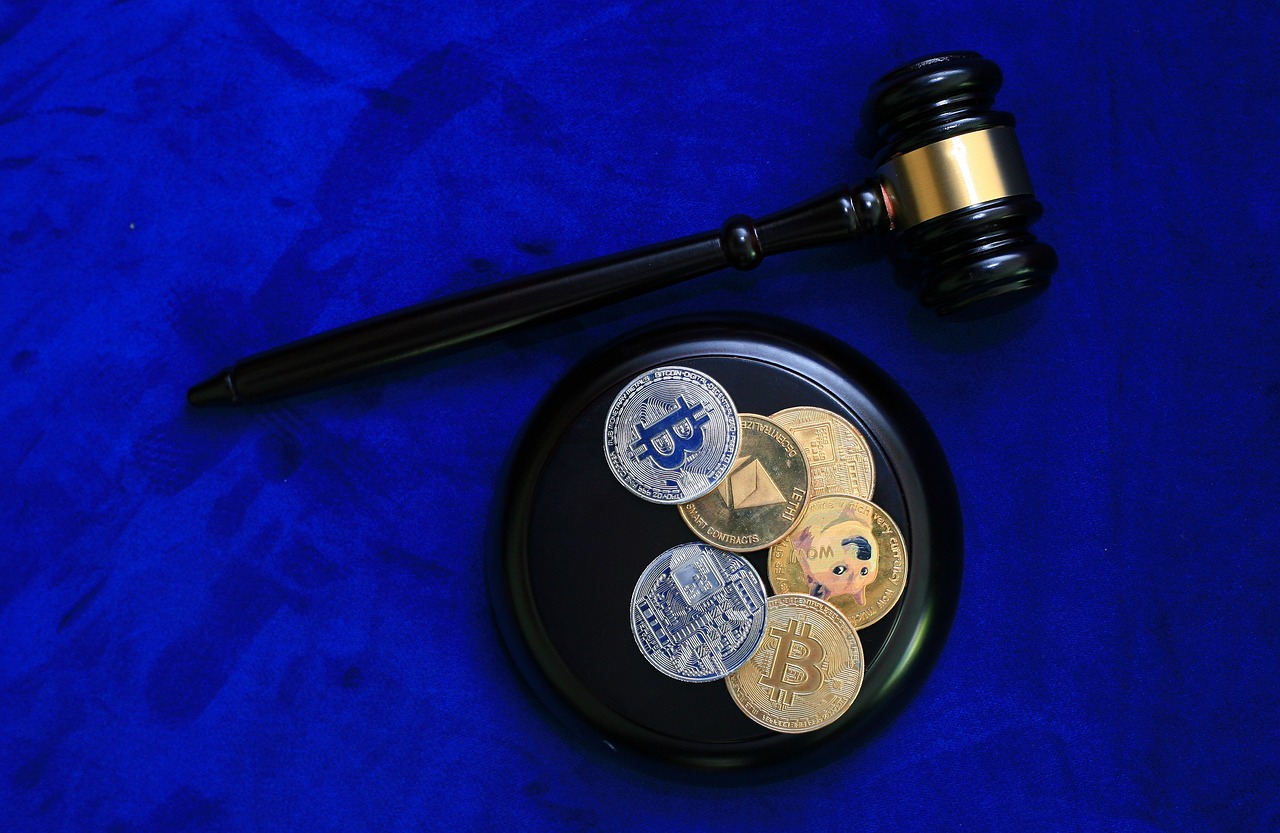How to Spot a Crypto Scam: Tips for Safeguarding Your Investments
Cryptocurrency's meteoric rise has attracted millions of investors seeking financial opportunities in the digital asset space. However, this surge in popularity has been accompanied by an alarming increase in sophisticated scams that have cost investors billions of dollars. This comprehensive guide will help you identify and avoid common cryptocurrency scams while protecting your investments.
Understanding Crypto Scams
Definition and Scope
Cryptocurrency scams are fraudulent schemes designed to steal digital assets or traditional currency from investors by exploiting the complex and sometimes confusing nature of blockchain technology. According to the Federal Trade Commission, cryptocurrency scams resulted in losses exceeding $1 billion in 2021 alone, highlighting the critical need for investor awareness.
Common Types of Crypto Scams
Phishing Scams: Cybercriminals create convincing replicas of legitimate cryptocurrency websites or wallets to steal private keys and login credentials. These attacks often come through emails, social media messages, or fake apps.
Pump and Dump Schemes: Orchestrated by groups of scammers who artificially inflate the price of a cryptocurrency through misleading statements and coordinated buying, then sell their holdings once prices peak, leaving other investors with worthless tokens.Fake Exchanges: Fraudulent platforms that appear legitimate but are designed to steal deposits. These often offer attractive bonuses or unrealistic trading conditions to lure victims.
Pig Butchering Scams: A sophisticated form of fraud where scammers build trust over time through social engineering, often posing as successful traders or romantic interests before convincing victims to invest in fake platforms.
Warning Signs of a Crypto Scam
Unrealistic Promises
Guaranteed returns (no investment can guarantee profits)
Promises of overnight wealth
Claims of "risk-free" investments
Unusual yield percentages (e.g., "1% daily returns")
Lack of Transparency
Red flags include:
Missing or poorly written whitepapers
Anonymous team members
Lack of clear technical documentation
Absence of verifiable business addresses
No registered business entity
Pressure Tactics
Scammers often employ:
Countdown timers on investments
"Limited time only" offers
Aggressive sales tactics
Emotional manipulation using FOMO
Unexpected Contact
Be wary of:
Unsolicited investment advice
Direct messages about cryptocurrency opportunities
Random airdrops or free token offers
Celebrity endorsements in direct messages
Protecting Yourself from Crypto Scams
Conduct Thorough Research
Before investing:
Read the project's whitepaper thoroughly
Verify team members' credentials on LinkedIn
Check GitHub repositories for technical projects
Research the token's trading history and market capitalization
Review community discussions on Reddit and other forums
Use Trusted Platforms
Stick to well-established cryptocurrency exchanges
Verify platform security measures (2FA, cold storage)
Download apps only from official sources
Check regulatory compliance and licensing
Social Media Safety
Ignore unsolicited investment advice
Verify celebrity endorsements through official channels
Be skeptical of giveaways and airdrops
Report suspicious accounts and posts
Security Best Practices
Use hardware wallets for significant holdings
Enable two-factor authentication
Create strong, unique passwords
Never share private keys or seed phrases
Regularly update security software
What to Do If You Fall Victim
Immediate Actions
Stop all communication with the suspected scammer
Document all interactions and transactions
Change passwords and security settings
Contact your bank if fiat currency is involved
Disable compromised wallet addresses
Reporting Procedures
Report the scam to:
Local law enforcement
FBI's Internet Crime Complaint Center (IC3)
Federal Trade Commission (FTC)
Cryptocurrency exchange where the scam occurred
Relevant cryptocurrency project team
Conclusion
As cryptocurrency adoption grows, staying informed and vigilant remains crucial for protecting your investments. Remember that legitimate opportunities rarely require immediate action or promise guaranteed returns. Following the guidelines outlined in this article and maintaining a healthy skepticism toward unsolicited offers can significantly reduce your risk of falling victim to cryptocurrency scams.









